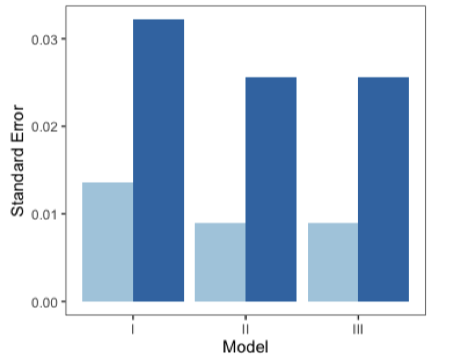Abstract
Contextual sensing and delivery of digital interventions to improve health outcomes have gained significant traction in behavioral and psychiatric studies. Micro-randomized trials (MRTs) are a common experimental design for obtaining data-driven evidence on the effectiveness of digital interventions where each individual is repeatedly randomized to receive treatments over numerous time points. Throughout the study, individual characteristics and contextual factors around randomization are collected, with some prespecified as moderators for assessing time-varying causal effect moderation. However, many additional measurements beyond these moderators often go underutilized. Some of these may influence treatment randomization or known to strongly moderate the treatment effect. Incorporating such auxiliary information into the estimation procedure can reduce chance imbalances and improve asymptotic estimation efficiency. In this work, we propose a method to adjust for auxiliary variables in consistently estimating time-varying intervention effects. The approach can also be extended to include post-treatment auxiliary variables when evaluating lagged treatment effects. Under specific conditions, local efficiency gains are guaranteed. We demonstrate the method’s utility through simulation studies and an analysis of data from the Intern Health Study (NeCamp et al., 2020).
Keywords Causal Inference; Asymptotic Efficiency; Micro-randomized Trials; Mobile Health; Moderation Effect; Covariate Adjustment.
